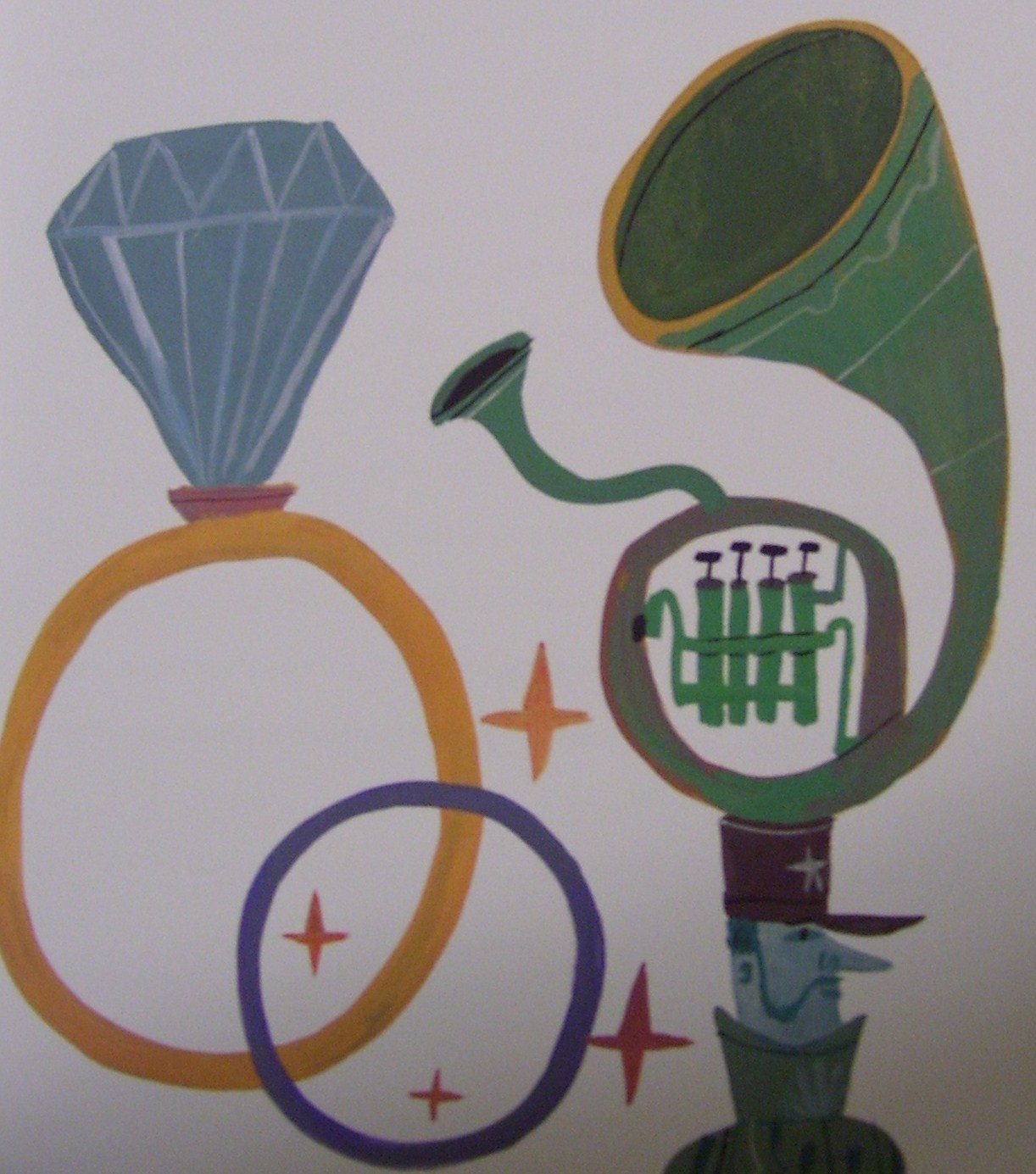Reviewer: Emera
Actually, every season is for fairy tales, but fairy tales are particularly wonderful when the weather is miserable, I find. Below, quick reviews of two stories that I read within the past few months, both spun from fairy tales. With any luck, I should be able to post a few more later in the week.
—
Nicole Kornher-Stace’s “Notes Toward a Comparative Mythology” (Fantasy Magazine, read 08.08.09) – Kornher-Stace has an edgy, almost jazzy voice that makes me think she’s probably also an adroit poet – she does have some poetry published with Goblin Fruit, I remember, but I have yet to read it. Make that a note to self.
“Two [babies] with webbing in the gaps between their fingers, toes. Supple and resilient stuff, and when the doctors sliced at it with scalpels, it grew back tough as bootsoles, lettuce-edged, and the very devil to excise.”
I had to read this selkie story twice for it to really click with me, but on the second read, I found that though Kornher-Stace’s wiry, ambitious language occasionally falls a little short of its aim, she’s a skillful, authoritative storyteller, and beautifully conveys the main character’s deepening anguish. The story’s emotional movements are spot-on – I found myself wanting to cheer and do a little dance at the end. I think Kornher-Stace is one to watch; I look forward to investigating her other works, especially her novel Desideria, which sounds right up my and Kakaner’s alleys.
—
Erzebet Yellowboy‘s “A Spell for Twelve Brothers” (also Fantasy Magazine, read 12.06.09) is a dark, not-so-successful retelling of the Wild Swans fairy tale. Its premise is interesting but unconvincingly executed, particularly since the author’s language is overly mannered and riddled with portentous, inexact metaphors. (“He stopped, he saw the star on her forehead and fell into its golden points.”) I read the first dozen or so paragraphs, then gave up and skimmed the rest.
